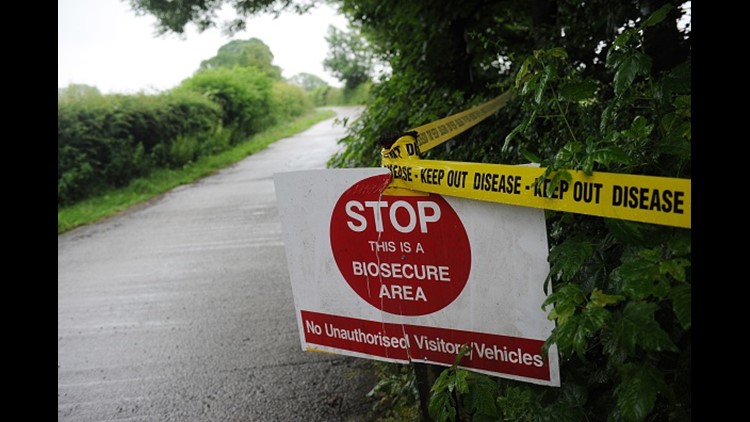(NEWSER) – Good news, people born before 1968! You're a whole lot less likely to die from the H5N1 strain of bird flu, the Telegraph reports.
Bad news, people born before 1968! You're a whole lot more likely to die from the H7N9 strain of bird flu. In a study published Friday in Science, Dr. Michael Worobey says the year people were born is "ridiculously predictive" of how protected they are from different bird flu strains, according to NBC News.
People born before 1968 likely were infected with the H1 or H2 flu strains as children because those strains were prominent at the time. People born after 1968 were likely infected by the H3 strain for the same reason. Researchers say whichever strain of flu people had first permanently affected their immune system going forward.
Prior to this study, scientists didn't think this process of "immunological imprinting" affected susceptibility to flu strains with animal origins, UPI reports. That turns out not to be the case thanks to proteins shared by various flu strains.
The study found that people have 75% protection against becoming seriously ill and 80% protection against dying from either H7N9 bird flu or H5N1 bird flu depending on the year of their birth.
"We have some kick-ass protection against one or the other," Worobey tells the Telegraph. That could explain why strains of bird flu haven't become the millions-killing pandemics some experts predicted.
H7N9 and H5N1 have infected a little more than 1,300 people total since 2003, killing fewer than 600 of them. (Our bodies fight off illness far better in the mornings.)
Newser is a USA TODAY content partner providing general news, commentary and coverage from around the Web. Its content is produced independently of USA TODAY.



